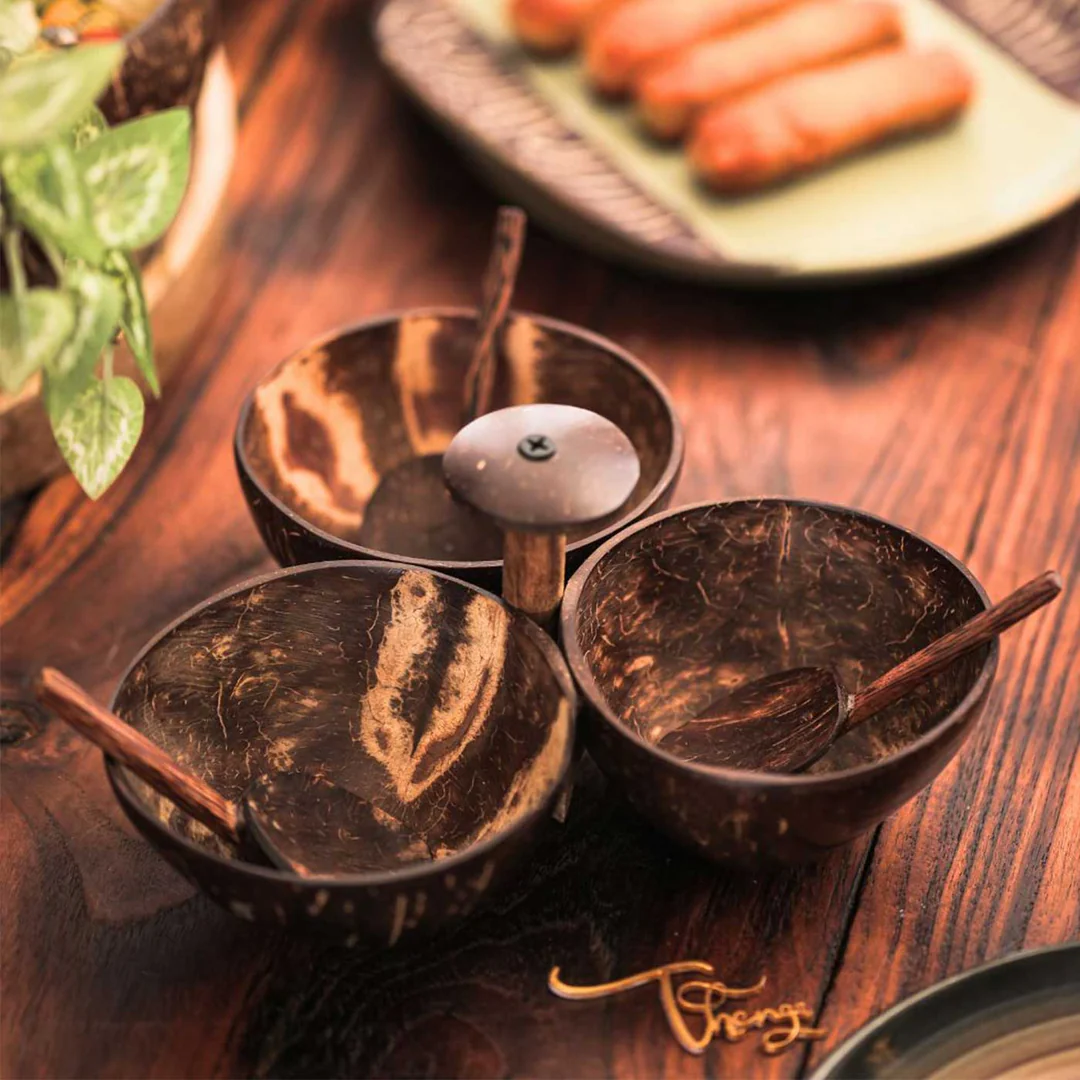
In Shanzu, the coconut tree is more than just a tropical icon—it’s a symbol of life, culture, and heritage. Known as the “Tree of Life,” every part of the coconut tree has a purpose, deeply woven into the daily lives of locals. From flavorful coastal dishes to intricate handmade crafts, Shanzu’s coconut culture is a testament to resourcefulness, tradition, and creativity.
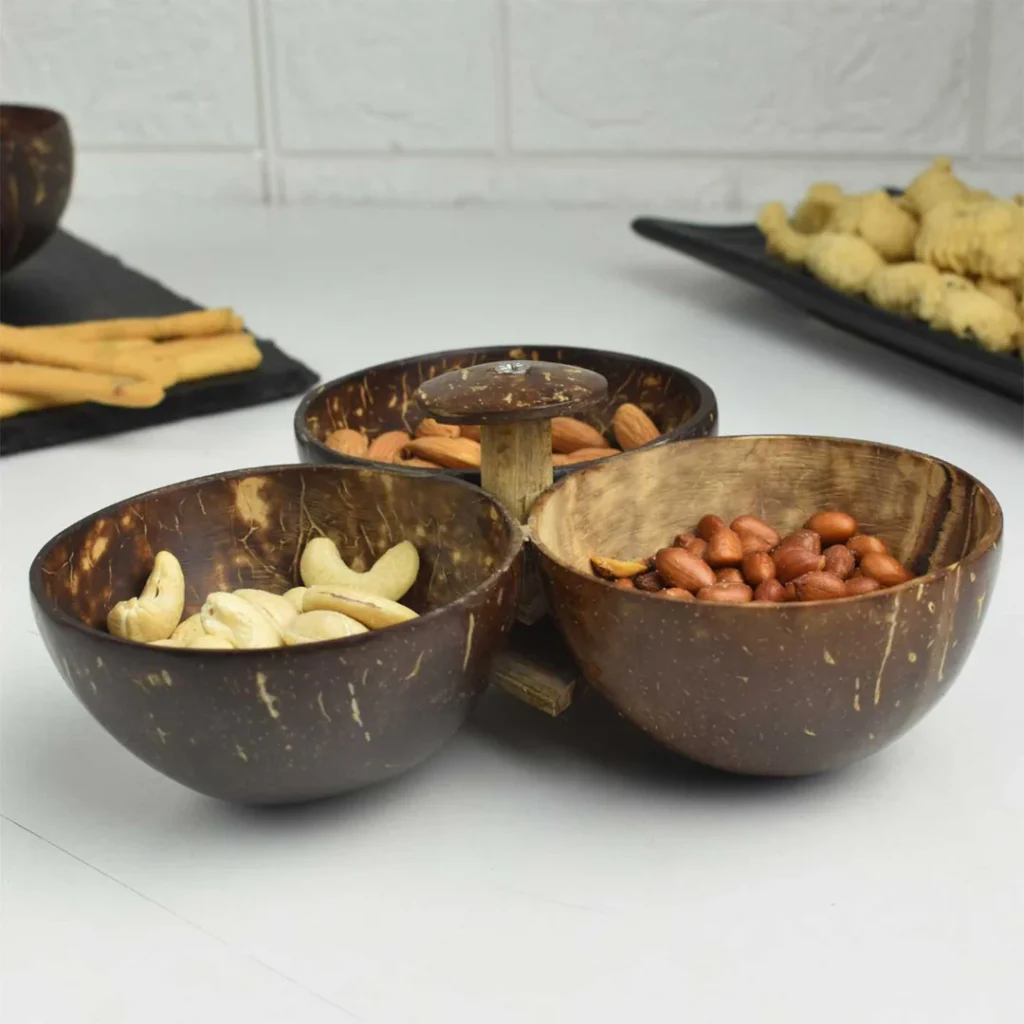
A Culinary Staple: The Taste of Shanzu
Coconut plays a central role in Swahili cuisine, adding rich flavor and nutritional value to many dishes. Whether it’s the creamy milk, the sweet flesh, or the refreshing water, coconuts are a key ingredient in the region’s culinary heritage.
Must-Try Coconut-Based Dishes:
- Wali wa Nazi: This fragrant coconut rice dish is a staple in local households. Cooked with fresh coconut milk, it perfectly complements seafood and meat dishes.
- Biryani and Pilau: Shanzu’s versions of these popular rice dishes often include coconut milk, enhancing their aroma and taste.
- Coconut-Crusted Fish: Freshly caught fish, coated with shredded coconut, and grilled to perfection—a true taste of the coast.
- Snacks and Sweets: Don’t miss treats like Kaimati (sweet coconut dumplings) and Mahamri (deep-fried coconut bread).
Drink to Refresh:
- Madafu: Fresh coconut water, locally known as Madafu, is a refreshing drink rich in electrolytes, perfect for hydrating under the coastal sun.
Artisans at Work: Coconut Craftsmanship
Beyond the kitchen, coconuts are transformed into stunning handmade products. Shanzu’s artisans have honed the art of using every part of the coconut tree to create functional and decorative items.
Popular Coconut Crafts:
- Coconut Shell Art: From bowls and spoons to jewelry and decorative pieces, the hard shell is carved into beautiful items, often adorned with intricate designs.
- Mats and Baskets: Made from coconut palm leaves, these woven products are both durable and environmentally friendly.
- Coir Products: The fibrous husk, or coir, is used to make ropes, brushes, and mats, showcasing the resourcefulness of local artisans.
Where to Experience It:
- Visit Shanzu Craft Villages to watch artisans at work. You’ll gain insight into the meticulous process of creating these items and can even participate in a workshop.
- Support local businesses by purchasing handmade coconut crafts as unique souvenirs.

The Cultural Significance of Coconuts
In Shanzu, coconuts are not just a resource but also a cultural symbol. They are integral to traditional ceremonies and celebrations, representing hospitality and prosperity.
Local Traditions:
- Weddings and Ceremonies: Coconut products are often used in traditional Mijikenda ceremonies, symbolizing purity and fertility.
- Music and Dance: Instruments like drums and shakers made from coconut shells accompany traditional Swahili music.
Eco-Friendly and Sustainable
Coconut trees are a sustainable resource, and their use reflects Shanzu’s commitment to eco-friendly practices. By utilizing every part of the tree, locals minimize waste and maintain a deep connection to their natural environment.

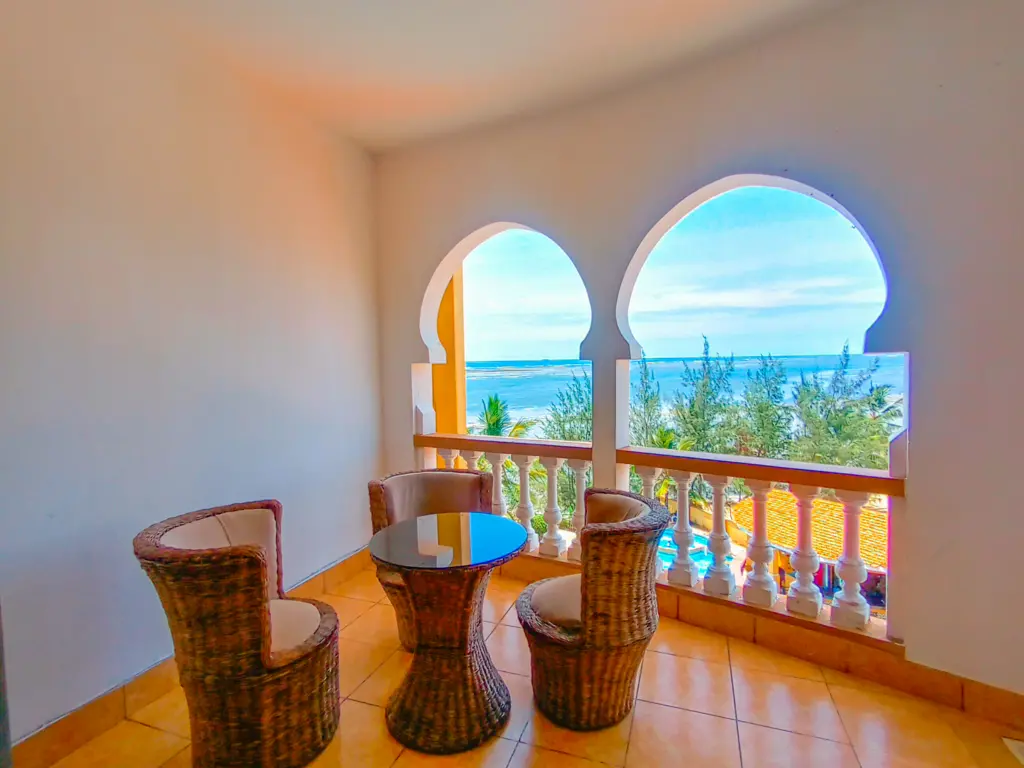


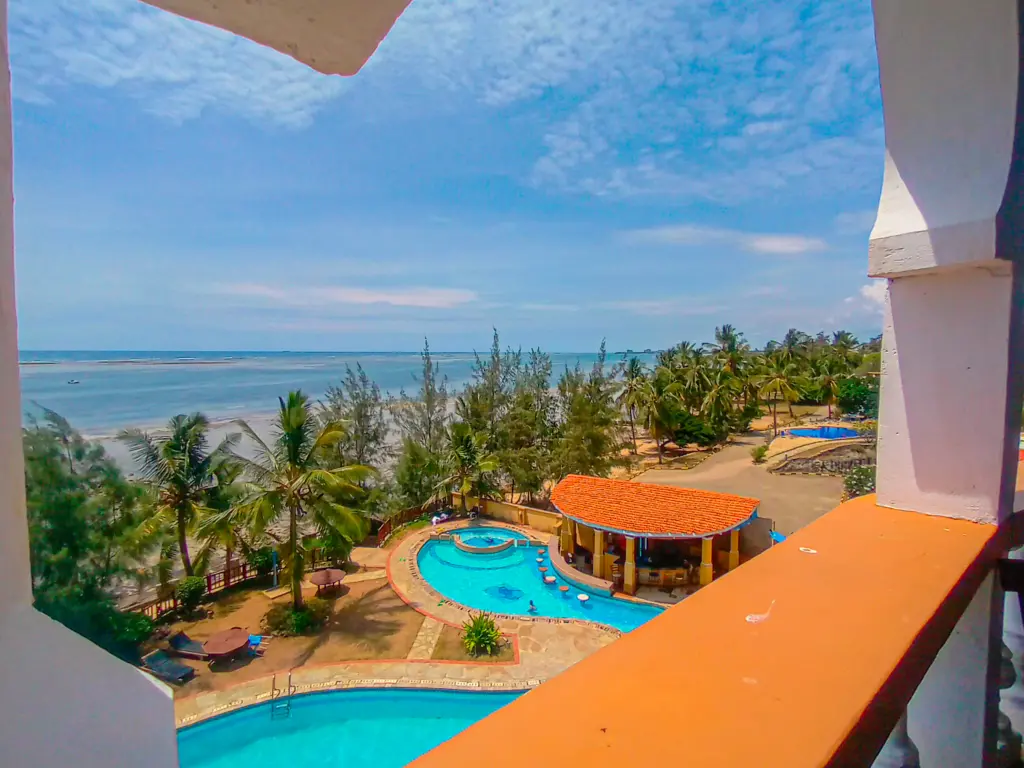



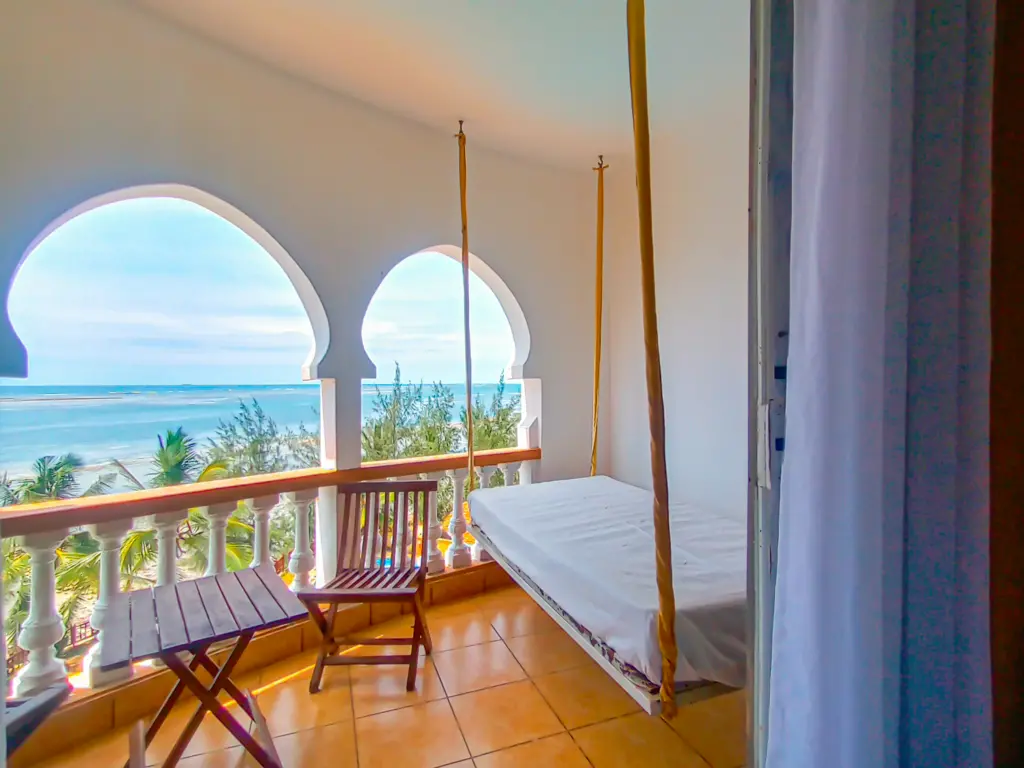




Explore Shanzu’s Coconut Heritage:
Visiting Shanzu offers more than just sun and sand—it’s an opportunity to immerse yourself in a rich, coconut-infused culture. Whether savoring coconut-laden dishes or admiring handcrafted coconut art, you’ll discover the versatility and importance of this incredible tree.
Ready to experience the heart of Shanzu’s heritage? Plan your trip and book your stay at shanzubeachfront.com for an unforgettable coastal adventure!
Tags:

